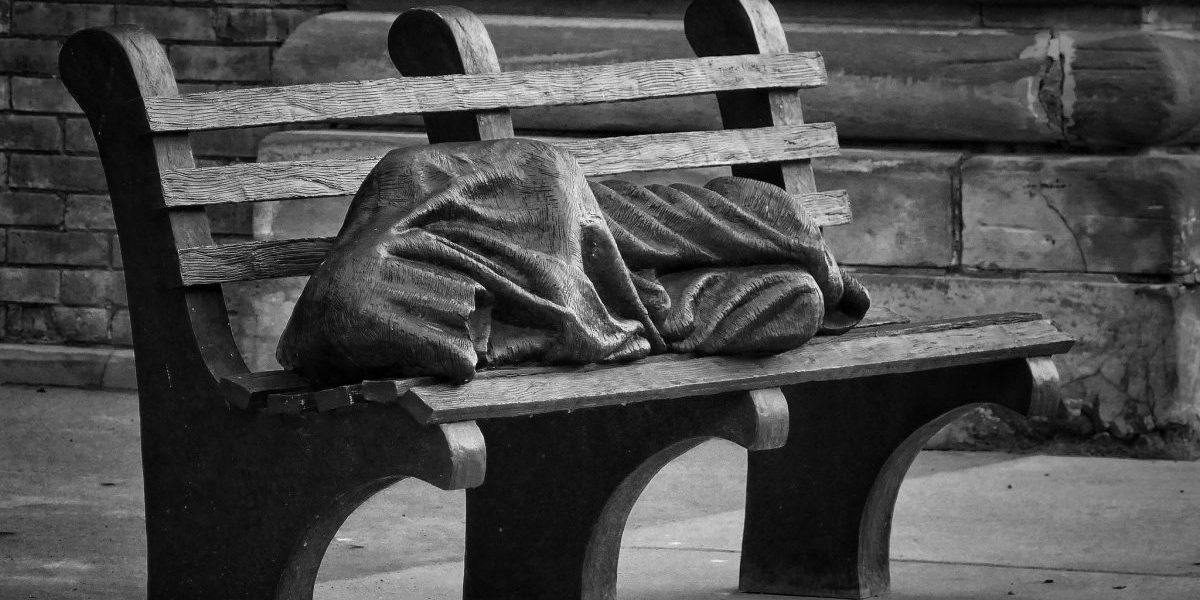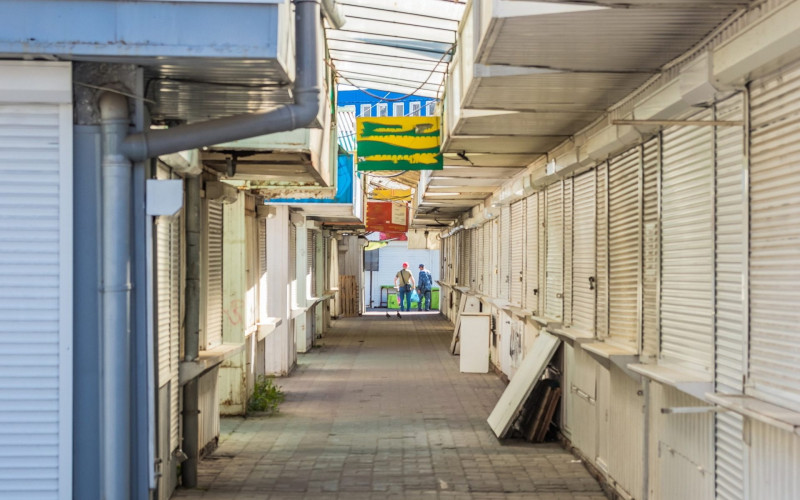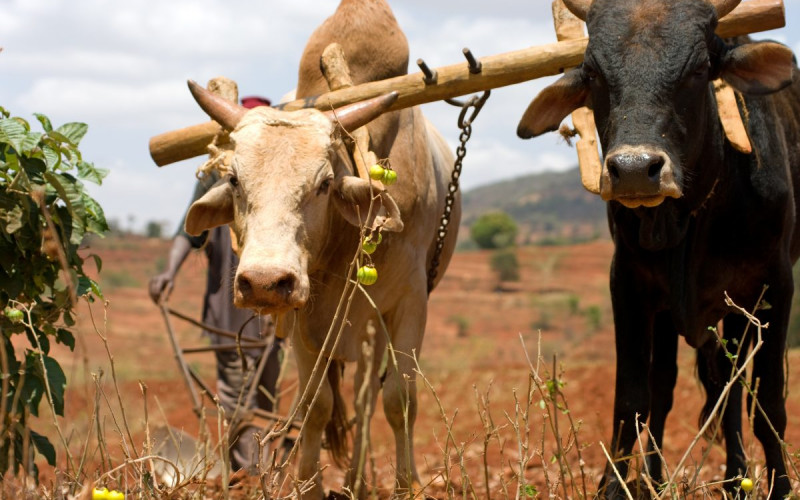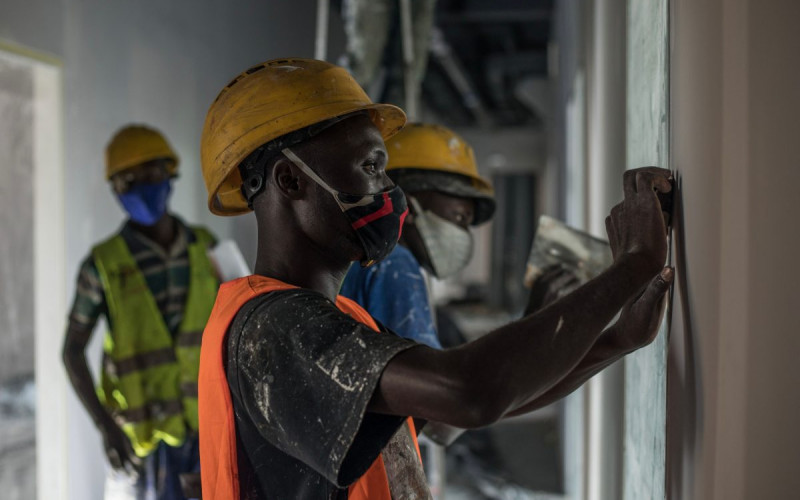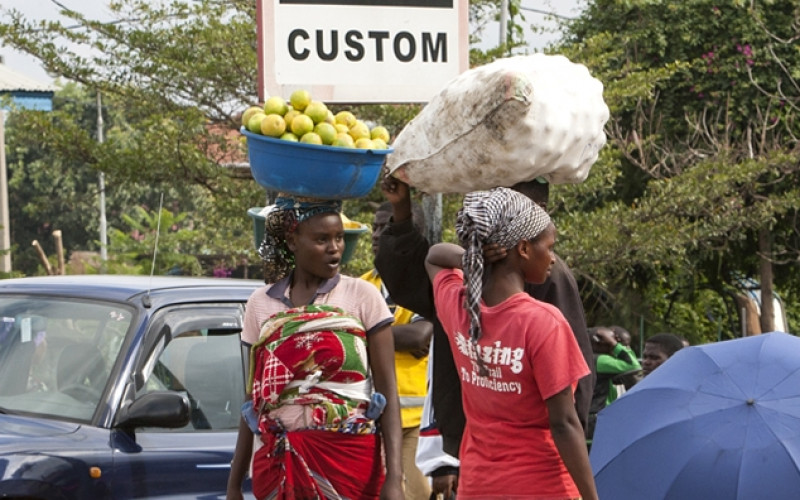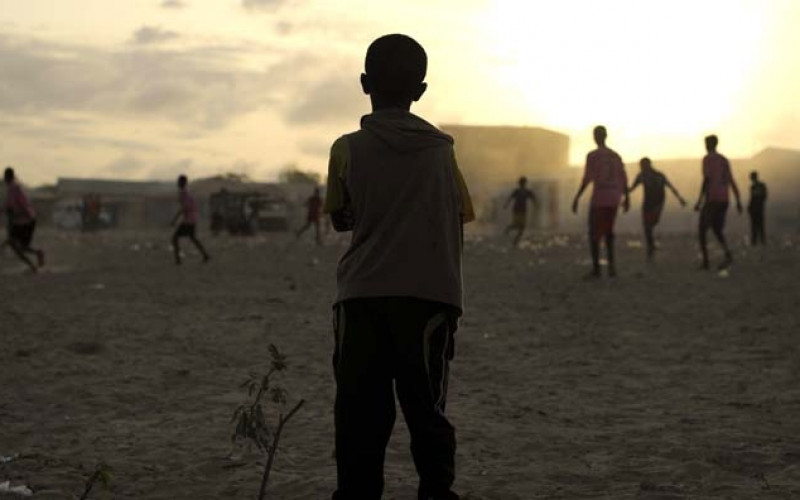A walk through Johannesburg’s metropolitan area highlights the glaring reality of homelessness in South Africa. Reasons for why and how people become homeless vary significantly. Some believe that homeless individuals choose to be homeless, or that they are criminals, lazy, alcohol- and drug-users or that they are homeless because of poor choices. However, this notion of homeless people is flawed and does not fully encapsulate the socio-economic conditions (often outside of these individuals’ control) that give rise to homelessness. Together with changing socio-economic conditions, our understanding of who this group of people is has changed.
Understanding homelessness
A deeper understanding of homelessness extends beyond lacking a roof over your head; it includes a lack of access to socio-economic opportunities essential for human survival, such as access to job opportunities, health services and education, among others. By taking into account the multiple dimensions of homelessness, we begin to understand that people who are homeless are not a distinct population and that the pathways into and out of homelessness are neither linear nor uniform.
The most common occurrence of homelessness is when unemployed people cannot afford housing. People with low incomes (or without access to a regular income) drift into poverty, which puts them at risk of becoming homeless. Those trapped in the ‘missing middle’ are often unable to afford bonds for their own homes, but simultaneously do not qualify for low-income houses. This also places them at risk of becoming homeless.
It is important that homelessness is analysed within a socio-economic context, because homelessness is the most visible manifestation of increasing poverty and socio-economic challenges. People who are poor usually are unable to pay for basic needs such as food, education, housing and healthcare. Being unable to pay for these basic needs can often lead to a life on the streets.
The 2018 Bertelsmann Stiftung Transformation Index shows that the poverty rate in South Africa stands at 35.9 %, up 1.2% from the previous year. Even though South Africa has a social security floor that covers areas such as unemployment, these figures highlight that we still suffer from entrenched levels of poverty where individuals often move in and out of a state of homelessness and joblessness.
More jobs
To tackle poverty and homelessness effectively, better paying and more secure jobs are required. With adequate employment opportunities, people have a chance of transitioning out of homelessness. This could be achieved by promoting transitional jobs, subsidised jobs, career programmes and social enterprises with built-in social support for people facing high barriers to employment.
Better housing
At the same time there is a need for housing that provides low-income individuals with security, affordable rent and decent living conditions. Several shelters house significant numbers of full-time wage earners that are unable to finance basic expenses such as rent, resulting in homeless state.
Permanent housing should be the central goal when dealing with homelessness. By providing permanent housing assistance the number of homeless individuals can be reduced significantly, breaking the cycle of homelessness and preventing recurrence.
South Africa could adopt a ‘housing first approach’, which would offer home-based services to help individuals stabilise and maintain their housing or subsidise private housing. The state should develop and implement policies to improve housing opportunities for homeless people, and should also ensure that institutions such as homeless shelters do not discharge someone without them having a viable housing plan such as trying to connect homeless individuals with their families.
A life of dignity
Although ending homelessness cannot guarantee an end to unemployment or a quick fix to the ongoing demand for affordable housing, it does offer a chance to make meaningful inroads into ensuring a life of dignity for the destitute and the progressive realisation of basic human rights.
Ending homelessness requires communities, civil society organisations and government agencies to work together to implement systematic responses that will help prevent recurring homelessness. Institutions should engage with people who are at risk of experiencing homelessness, providing access to shelter and other social services without barriers to entry, while appropriate support services are being secured. Services to support individuals who are currently homeless include food, shelter, clothing, life skills and individual counselling. Many homeless individuals battle to access these services because they don’t have proof of address or identity documents, and service providers often lack the necessary financial support.
Solutions to homelessness require concerted, intersectional efforts by community members, organisations, and government entities. World Homeless Day offers us a chance to reflect and come up with innovative ways of dealing with the problem.

